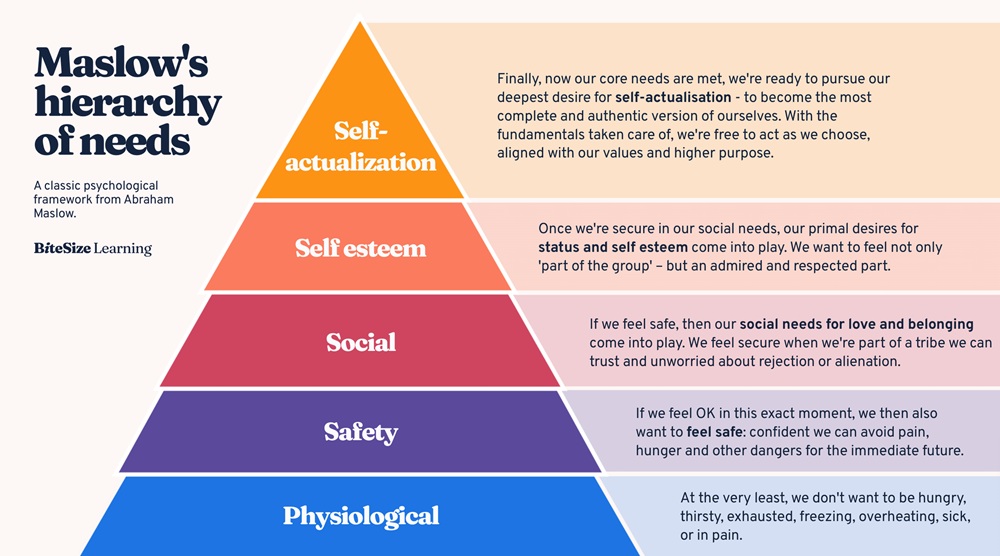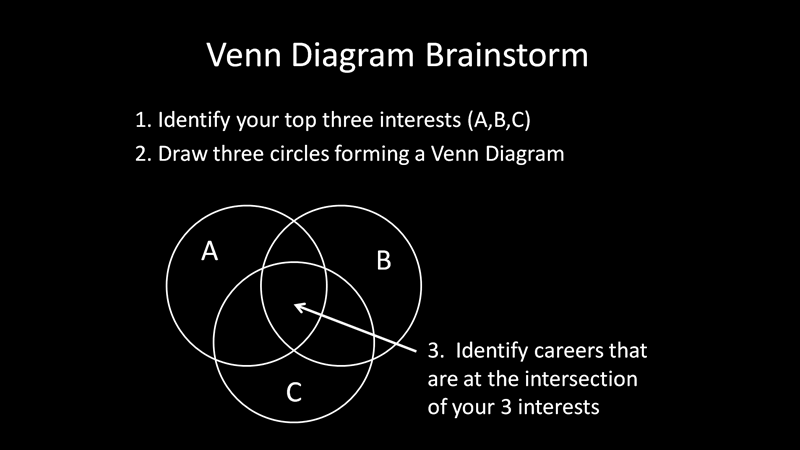Today, we go through the steps you need to take to optimize your curriculum vitae. I’ll be using a real example, an optimized CV I worked on for a friend who was applying for a logistics role in a supply chain management company.
So as we go through this, I’ll show you exactly what matters, how to think about structuring your experience, and how to use your CV to communicate value, not just history.
Main – Professional Experience
Among all sections on your CV, nothing matters more than professional experience. This is the one section that tells a recruiter the kind of value you’ll bring to their company.
It doesn’t matter how many schools you went to or what certifications you’ve collected. What a recruiter wants to know is: have you done relevant work before? Did you add value? Do you understand the job you’re applying for? And can you deliver?
That’s why your priority when writing a CV should be to start with your professional experience. Even other sections, like key skills and competencies, should be derived from it.
If you mention a skill, say, data analysis or dispatch coordination, then your professional experience should show exactly where and how you applied that skill. Otherwise, it’s just empty talk.
When building this section, use reverse chronological order (most recent at the top), but when drafting, I recommend starting from the bottom, your earliest role, because it helps you build upward with intention and clarity.
Now, let’s break down what makes a strong professional experience entry.
Every job you list should follow a three-part structure:
- What did you do?
- What value did you add?
- What skills did you gain?
In one of the earlier roles this candidate had while still in school, from February to March 2022, they worked as a supply chain research agent in a data collection program.
We first start with describing the job. Then we provide more context, which gives it relevance to supply chain work. And then we show the value or impact to the company before we close with what the candidate gained, the personal growth component.
NB: All the examples (italic) written below have been paraphrased upon request from client.
- Took part in a market outreach initiative focused on evaluating how well the company’s beverage products were performing across key urban regions.
- Gathered data on inventory movement, sales volumes, and delivery patterns across various retail and hospitality locations.
- Supplied actionable, real-time field insights that supported strategic decision-making for regional market growth planning.
- Strengthened interpersonal and communication abilities by interacting with business owners in the hospitality sector to facilitate data collection and product feedback.
This structure should work for all roles.
Let’s take another example, procurement work from August to November. The job roles include:
- Coordinated bid opening activities by managing session logistics and accurately recording submitted proposals to promote procedural transparency.
- Participated in the assessment of initial technical and financial submissions, contributing to evaluation, ranking, and shortlisting of tenders.
- Drafted and issued purchase orders, supported invoice processing, and performed inventory audits to streamline procurement and payment operations.
This kind of writing uses technical terms, and that’s intentional. One of the biggest mistakes people make is simplifying their language in a CV, trying to make it broadly understandable.
But your CV is not for the general public. It’s for professionals in your industry. And when they read your CV, they want to know that you understand their world. Using technical terms like RFQs, RFPs, invoice processing, or ERP systems shows that you’re not a beginner.
It shows depth.
This candidate also made sure to show what they gained from the role:
- Acquired practical exposure to procurement documentation processes, including drafting and reviewing key purchasing records.
- Developed confidence and on-the-ground experience by independently managing routine procurement responsibilities within a structured workflow.
These statements reflect maturity and readiness for responsibility. In every role, you want to show not just what you did, but what you learned. It makes your CV feel lived-in.
Let’s move to another role, brand ambassador, during an October 1st campaign.
- Executed a promotional drive aimed at customer acquisition through discount incentives, successfully onboarding over 200 new users during the campaign.
That alone is strong. It shows the task and quantifies the result. But the candidate didn’t stop there. They added:
- Leveraged outreach opportunities to strengthen communication and persuasion skills through sustained engagement with diverse individuals and potential clients.
That phrase, “communication and persuasion skills”, really matters, especially in client-facing or field-based roles.
They even added:
- Broadened my capacity to connect with and respond effectively to people from varied backgrounds and communication styles.
These are soft skills that matter everywhere.
Another similar experience was a brand ambassador role for a company’s loyalty program:
- Enrolled more than 300 new participants into the loyalty program while guiding customers on benefits such as redeemable points and reward systems.
Again, the impact is clear. And the growth is stated:
- Strengthened adaptability and persuasive communication through consistent, day-to-day interactions with a wide range of customers.
Now, let’s talk about the more recent role, management trainee. This one is more technical and tied directly to the job the candidate was applying for.
While a management trainee might do many things, administrative work, factory operations, etc., the key is to zero in on the parts that align with the job you’re targeting. In this case, it was logistics. So we opened with:
- Assisted senior personnel in managing administrative and factory-related tasks, with a concentrated emphasis on supply chain coordination and logistics operations.
Then we listed specific, technical responsibilities:
- Coordinated tea sorting and outbound dispatch processes using enterprise resource planning (ERP) tools.
- Supervised transporter activities through ERP, including purchase order approvals and release of requisition requests.
- Conducted trailer inspections to verify quality and safety standards, including checks on driver credentials and insurance compliance.
- Oversaw the physical loading and secure sealing of consignments prior to dispatch to ensure cargo integrity.
- Maintained alignment with haulage performance indicators by providing hands-on operational oversight and interdepartmental coordination.
When you read that, you know instantly: this person has done the work. And they’ve described it in the language of the industry. That’s how you make your CV resonate with both human recruiters and applicant tracking systems.
Other Sections
1. Key Skills and Competencies: Once you’ve written your professional experience, you can extract your Key Skills and Competencies from it. Don’t try to come up with them from scratch. Paste your experience section into ChatGPT and ask it to list the skills for you. That way, your skills reflect what you’ve done, not just what sounds good.
2. Career Objective: Again, don’t go vague. Avoid phrases like “seeking to grow in a dynamic environment.” Be specific. The example we used read:
- Results-driven and meticulous logistics professional with hands-on experience in supply chain functions such as procurement, dispatch coordination, and trailer inspection. Keen to contribute to your clearing and forwarding team by enhancing operational efficiency in tea exports, supporting compliance efforts, and deepening my capabilities in cross-border logistics within Kenya’s tea export sector.
You can go further and customize this to mention the specific market or region the company serves. Replace placeholders like “your company” with the actual company name. Show that you’ve done your research and understand their world.
3. Personal Information: Name, address, contacts, marital status, email, and languages.
4. Education: List your schools from most recent to earliest. You don’t have to include grades unless they’re required. If you’ve finished university, that’s enough to show you’re capable of learning.
5. Certifications: Start with the ones that are most relevant to the job you’re applying for. But don’t shy away from listing others that add to your profile. These extra certifications show you’re a continuous learner. They add to your value. Even if they don’t directly relate to the job, they round you out.
6. References: Don’t just list names and numbers. Call these people in advance. Tell them they might get a call. Make sure they’re willing to vouch for you. A good reference can tip the scales in your favor.
Wrapping Up
Now that your CV is written, remember this: you’re writing for two audiences, recruiters and machines. Many companies use ATS software to scan CVs before a human even sees them.
So make sure your CV includes keywords from the job description, uses clear formatting, and is structured for quick skimming.
But also remember that when a recruiter opens your CV, it should read like the story of a capable, growing, and value-driven professional. That’s how you get called back.
If you need help optimizing your CV, I’m happy to support. Reach out any time. I’m here to help you gain career clarity and present yourself in the best light possible.

